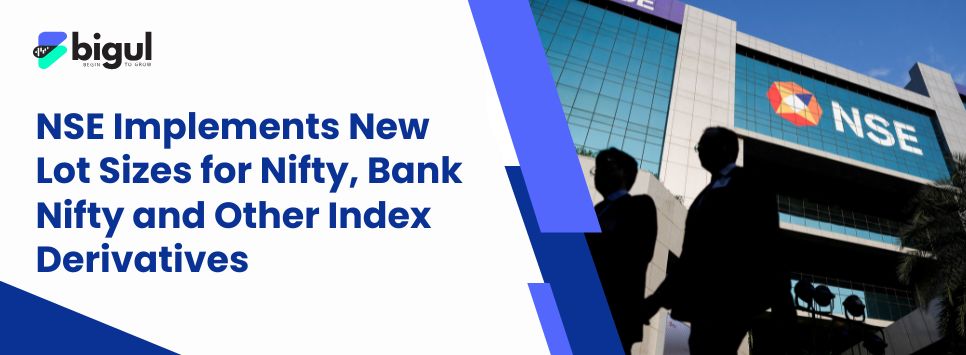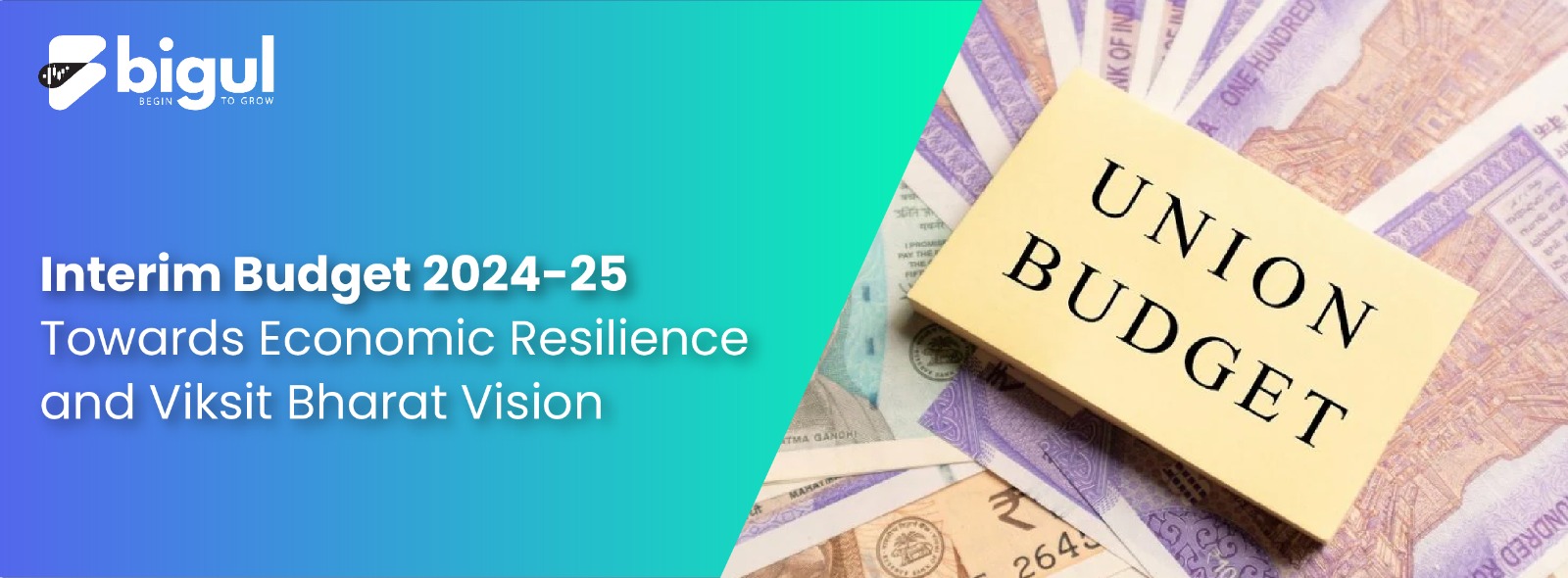Finance Minister Nirmala Sitharaman has unveiled the Interim Budget 2024 with an eye towards fostering a prosperous, inclusive, and sustainable “Viksit Bharat.” Here’s a breakdown of the key announcements and what they mean for India’s economic landscape:
- Fiscal Discipline and Growth Vision: The budget estimates the fiscal deficit to be 5.1% of GDP for 2024-2025, with a commitment to reduce it to 4.5% by 2025-2026. This demonstrates the government’s focus on fiscal prudence while aiming for economic growth.
- Government Borrowings: Gross borrowings are pegged at Rs 14.13 lakh crore, with net borrowings at Rs 11.75 lakh crore, showing a reduction from the previous fiscal year.
- Capital Expenditure Boost: A significant increase in capital expenditure to Rs 11.11 trillion for infrastructure development marks a continuous effort to stimulate economic growth and modernise India’s infrastructure.
- Tourism and Cultural Heritage: Following the successful organisation of G20 events across 60 cities, the budget emphasises boosting tourism, including spiritual tourism. Plans include long-term interest-free loans for states to develop and globally market tourism centres, with a special focus on island development, including Lakshadweep.
- Aviation Sector Growth: Highlighting a decade of success, the budget notes the expansion of air connectivity and the placement of orders for 1,000 new aircraft by Indian carriers. This indicates continued investment in both existing and new airports to support this growth.
- Vehicle Sector Expansion: With a proposed Rs 70,000 crore in 50-year interest-free loans for states, the budget aims to enhance manufacturing and infrastructure in the vehicle sector, signalling a push for greater innovation and efficiency.
- Tax Regime Simplification: The maintenance of the new tax regime as default, introduced in the 2020 budget, simplifies the tax process by eliminating several exemptions and deductions. This move aims to make tax filing more straightforward for individuals.
- GST and Tax Reforms: The implementation of the Goods Service Tax (GST) is celebrated for creating a unified market and reducing the compliance burden, alongside corporate tax reduction from 30% to 22%, showcasing the government’s effort to deepen and widen the tax base.
- Inclusivity and Development: Emphasising development that is all-inclusive and all-pervasive, the government reiterates its commitment to ensuring growth reaches all segments of society, aiming for a Viksit Bharat by 2047.
- Budget Outlook: Presented as a balanced and growth-oriented budget, the interim budget sets the stage for the next four months with a new formula for development: FDI (First Develop India) and GDP (Governance, Development, and Performance).
With the full budget scheduled for presentation in July after the formation of a new government post-Lok Sabha elections, the Interim Budget 2024 lays down a foundational blueprint for India’s path towards becoming a developed nation by 2047.




.jpg)





.jpg)
